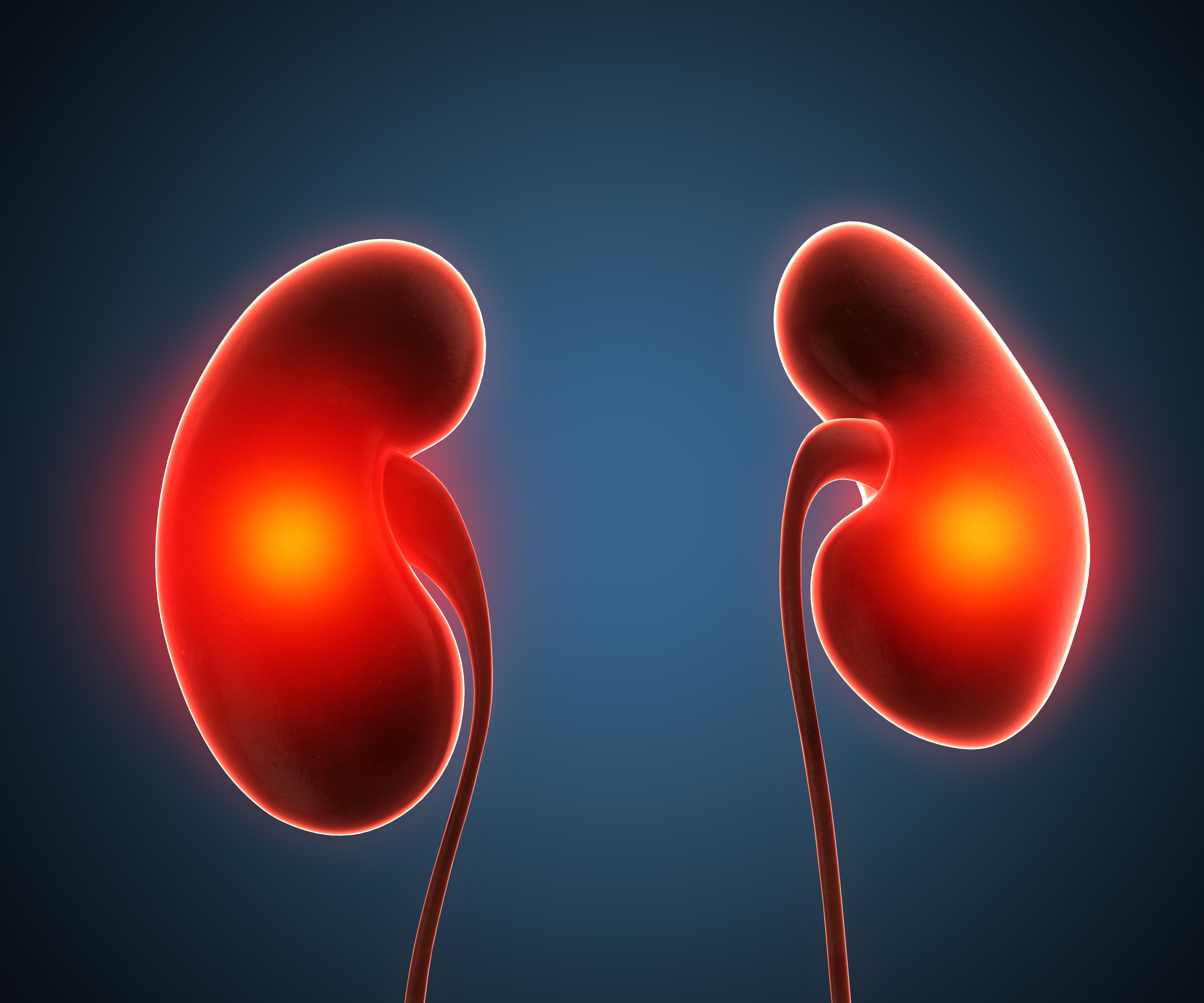Article
Pemphigus Shown to Substantially Impact Mental Health of Patients
Author(s):
New research on patients with pemphigus highlighted the heavy mental burden on those with these conditions and the importance of screening for anxiety, depression, and quality of life.

The severity and prevalence of depressive disorder in pemphigus patients is substantially higher than in psoriasis patients, according to new findings, suggesting the need for screening for mental health and life quality concerns.1
These findings were the result of a recent study designed to expand what little research currently exists regarding the ways in which mood disorders affect pemphigus patients. The study’s investigators cite the fact that depression and anxiety are both the most common psychopathologies linked to several chronic dermatological conditions.2,3
This new research was authored by Meng Pan, from the Department of Dermatology at the Rui Jin Hospital at Shanghai Jiao Tong University in China.
“Few studies have elucidated the recognizable risk factors for psychological morbidities in pemphigus patients,” Pan and colleagues wrote. “Thus, this study sought to assess the prevalence of anxiety and depressive disorders in patients with pemphigus compared with those with psoriasis and to identify the clinic-demographic risk factors.”
Background and Findings
The retrospective study was conducted at Ruijin Hospital’s Department of Dermatology, during which enrolled patients with pemphigus vulgaris (PV) and pemphigus foliaceus (PF) were used along with a control group of psoriasis vulgaris patients. Diagnosis of the conditions was based on immunofluorescence, clinical presentation, serology, and histopathology.
The research team’s exclusions were psoriatic arthritis, those under 18, pre-existing anxiety/depression, and severe cognitive impairment. The team’s patient data encompassed disease characteristics, demographics, and symptoms which were measured by validated scales.
To assess psychological well-being, participants in the study completed the Beck Anxiety Inventory (BAI) and Beck Depression Inventory-II (BDI). These scales, reliable for early screening, were chosen by the investigators based on their performance in a German rheumatoid arthritis study.
The research team’s life quality evaluation they used involved utilization of Dermatology Life Quality Index (DLQI) and the EuroQol Five Dimensions Questionnaire (EQ-5D-5L). DLQI highlighted impairment across many aspects, while EQ-5D-5L assessed pain/comfort, self-care, mobility, activities, and anxiety/depression, providing utility values specific to this Chinese population.
The investigators sought to understand the effects of pemphigus on participants’ lives, including disease severity, psychological morbidities, symptoms, and overall life quality.
In their study, the investigators reported that among those with pemphigus, approximately 30.7% experienced symptoms of either anxiety disorder (25%) or depressive disorders (14.3%). To ensure comparability between the pemphigus and psoriasis groups, the team utilized propensity score matching to address baseline differences.
Through this method, the investigators identified 34 pairs of patients with similar characteristics from both arms. Their analysis showed that the severity and prevalence of depressive disorder were significantly higher among pemphigus patients compared to psoriasis patients. That being said, the levels of anxiety disorder were noted as being similar in both arms.
Additionally, the investigators’ multivariate logistic regression analysis demonstrated that pemphigus patients with a history of active mucosal damage, disease-related hospitalization, and concurrent thyroid disease were shown to be at a higher independent risk for developing mood disorders.
“Since pemphigus is a chronic and recurrent disease which needs long-term follow-up, more patience and better disease education from physicians are important for patients with mood disorders to increase their confidence and compliance, thus leading to better overall disease management,” they wrote.
References
- Wang, J, Wu, H, Cong, W, Zhu, H, Zheng, J, Li, X, et al. Psychological morbidity in patients with pemphigus and its clinicodemographic risk factor: A comparative study. J Dermatol. 2023; 00: 1– 9. https://doi.org/10.1111/1346-8138.16875.
- Dowlatshahi EA, Wakkee M, Arends LR, Nijsten T. The prevalence and odds of depressive symptoms and clinical depression in psoriasis patients: a systematic review and meta-analysis. J Invest Dermatol. 2014; 134: 1542– 51.
- Ronnstad ATM, Halling-Overgaard AS, Hamann CR, Skov L, Egeberg A, Thyssen JP. Association of atopic dermatitis with depression, anxiety, and suicidal ideation in children and adults: a systematic review and meta-analysis. J Am Acad Dermatol. 2018; 79: 448– 56.





